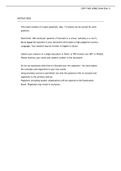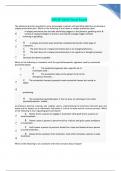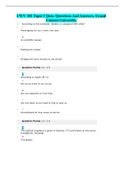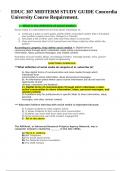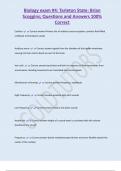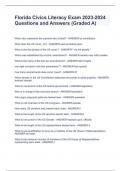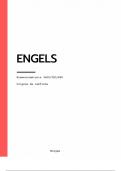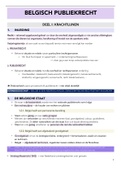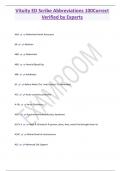Tentamen (uitwerkingen)
Contemorary Social and Political Philosophy exam I + II questions
In this document you will find olde exam question for the course CSPP that is being given at Vrije Universiteit. For both exam part I and part II you will find the questions. Pretty sure that this will help you prepare for the exam.
[Meer zien]
